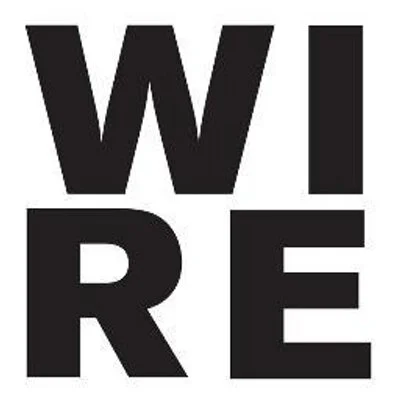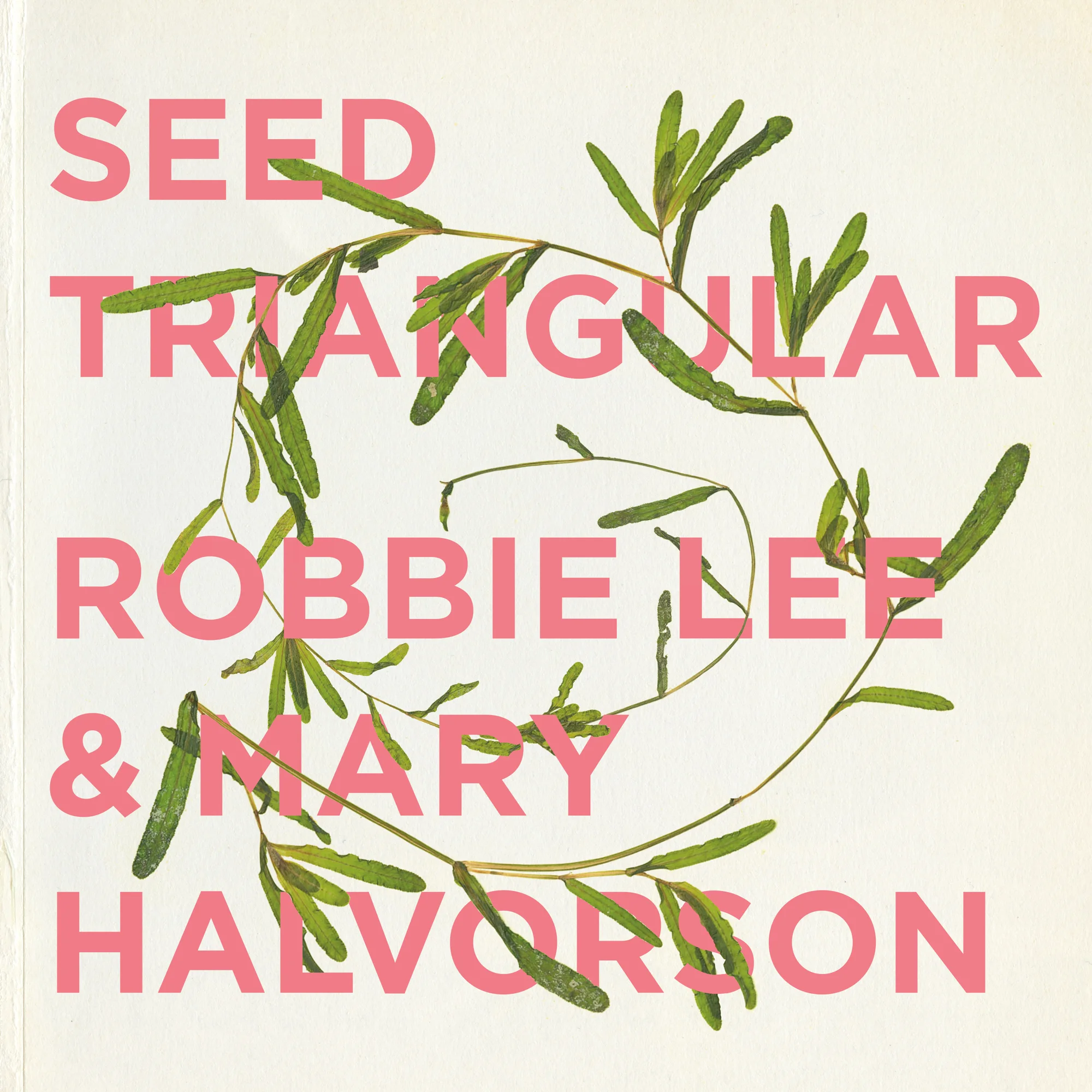Robbie Lee
ROBBIE LEE is a musician, composer, and producer in New York City. For his own projects and with many others he has performed across a range of instruments — keyboards, guitars, and many different woodwinds. Lee is generally working in rock n roll, experimental improvised music, old and new classical, old and new folk, and anywhere else inspiring sounds are to be found. He has developed a specialty in using pre-modern western instruments in new contexts, playing instruments such as portative organ, baroque and medieval flute, crumhorn, Renaissance clarinet, and ultra-low recorders, to bring ancient textures and sounds to a place where they are truly new and original.
He is currently preparing the releases of several special duos and trios of improvised music, as well as the new Creature Automatic pop album. Since early 2016 he has appeared in a special acoustic trio version of Glasser, and is working with Cameron for her upcoming release. Other regular groups include Seaven Teares, and a trio with Brian Chase and James Ilgenfritz.
Lee’s personal music is equally split between the band Creature Automatic and eclectic improvised projects. A creative performer, as well as an inventive songwriter, he has also become a go-to session player across genres, and is thrilled by the world of audio engineering and production. Along with Elisha Wiesner he runs Telegraph Harp, a small boutique record label dedicated to uncompromising innovative music. His interests run from tuning systems of Early Music and historical/antique instruments, to the proto-history of electronic music and instruments. Lee is on the advisory board of the Institute for Music and Brain Science, based out of UCLA, and on the founding board of the NYC arts organization Blank Forms.
A few of the notable musicians Lee has worked with: Neil Hagerty, Baby Dee, Dax Riggs, Mary Halvorson, Cass McCombs, Glasser, Lia Ices, Brian Chase (Yeah Yeah Yeahs), Eleanor Friedberger, Roddy Bottum, Sam Jayne, and many more.












